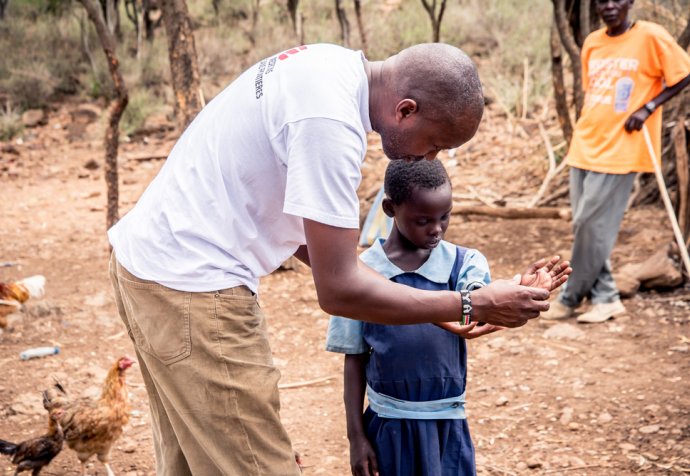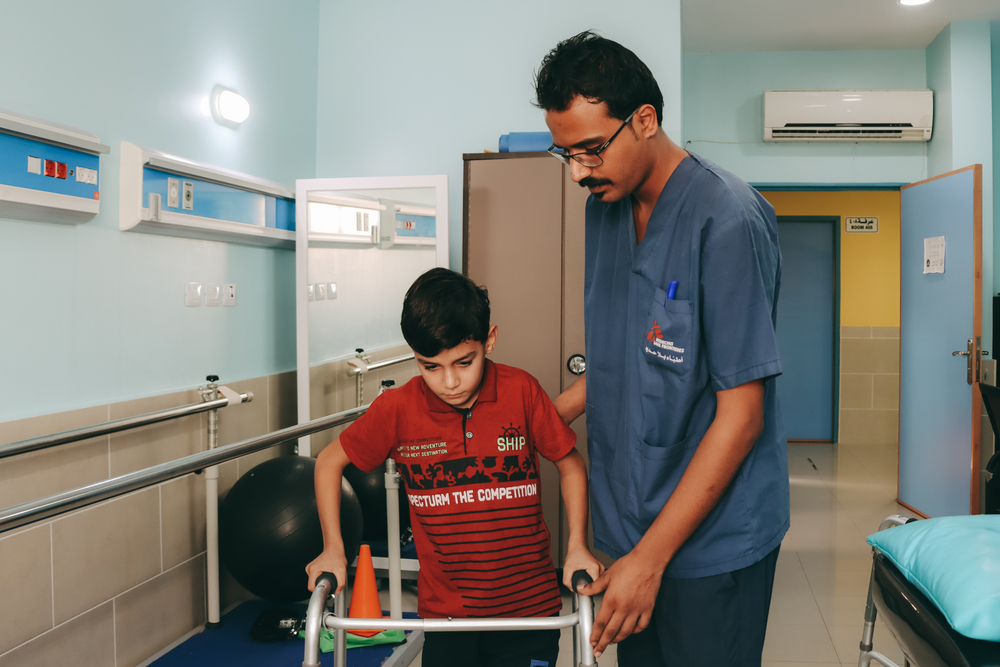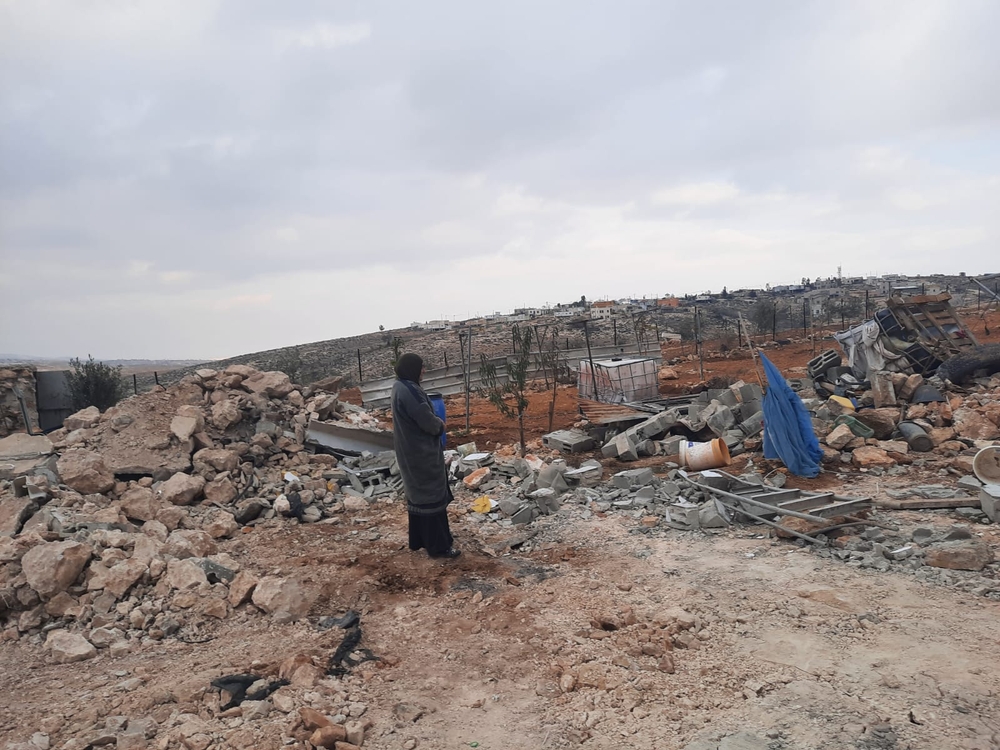Occupational therapy is not a widely known or understood field of practice in Gaza’s medical system, but I think the profession’s approach to reintegrating patients back into ‘normal’ life is essential in Gaza.
Many of my patients have sustained injuries in one of the many recent escalations of violence. They might require occupational therapy to relearn to dress themselves after having a limb amputated, or to regain their motor skills so they can re-enter the workforce.
Occupational therapy takes a creative, innovative approach to helping patients reintegrate.



